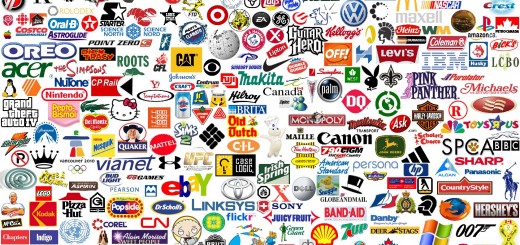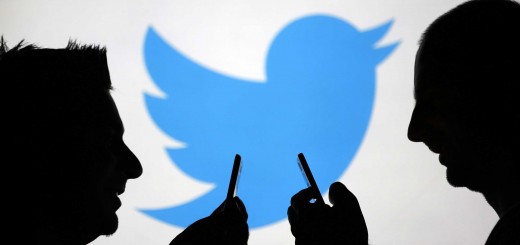Hyper Island’s Otto Ruijs on why brands should invest in talent
People are the most important asset for a company, believes Otto Ruijs, Managing Director, Hyper Island Singapore. He spoke to Digital Market Asia about why it is important for companies to invest in talent as well as technology.
“The core of every company is formed of people – they are your most important asset. Have you ever seen a company that’s just run on software and automation alone? Despite the advancements in artificial intelligence it is my conviction that the role of humans in an organisation cannot be fully displaced. But that said, today’s world is shifting into a digital age, and with that comes a pace of change that’s unprecedented,” said Mr Ruijs.
With rapid change towards a more digital world, there is more disruption expected in the talent industry. “You’ll see disruption happening in the time span of years rather than decades or centuries. Look at the rapid rise of Uber and AirBnb as prime examples of this happening, or the changes that are happening in the fintech space. To cope with this disruption, companies will need people who can make sense of a digital world. But in order to do that, we will have to keep training, educating and exposing ourselves,” he says.
Hyper Island has been in Singapore for four years and is rapidly expanding across the region and Mr Ruijs’ appointment comes as a part of the expansion plan. “As a constructivist learning institution, Hyper Island brings value through learning by doing, a methodology that’s been developed and honed by us over 20 years, and is seen as unique in this part of the world. This is still our main focus (it’s our founding vision) and we have no intention of deviating away from it. As some of you may know we also consult with businesses, but it’s built on the same foundation of constructivist learning rather than the management consulting approach. With this methodology, our mandate is to help companies and individuals as they prepare to navigate the digital age,” he said.
Speaking about the challenges that digital marketing companies are facing in attracting the right talent, Mr Ruijs immediately brings up the dearth of ‘full stack’ marketers. They are who, Mr Ruijs describes as having a powerful combination of skills; are capable of speaking the design and know the difference between UI and UX. They are comfortable talking to engineering and development teams, and have a basic understanding of algorithms and programming.
However, not many marketers today have such a combination of skills says Mr Ruijs. “If such talent is so scarce, then it’s no wonder that we face such challenges in marketing departments all over the world. This is why training and learning is imperative. And it’s time to start thinking beyond scaling up on the skillsets which marketers may have unconsciously boxed ourselves in, and think about what are the key takeaways which they can adopt from other industries and careers.”
The company has already worked with clients such as DBS, Unilever, OCBC, and agencies such as McCann, Dentsu and Text100 to train their employees. Rather than just focus on acquiring the right talent,Mr Ruijs feels that companies should focus on retaining the right talent – just as they would do with consumers. “With 70 per cent of the employees disengaged from their work (global average) you need to figure out what their intrinsic drivers are – why are they with your company and how are they contributing to the purpose. This is where Hyper Island training comes in: we urge people to think about and challenge why they are doing things, and how they can respond differently to a changing environment,” he says.
Speaking about the lessons a bigger brand can take from a startup work culture, Mr Ruijs says, “Startups have a mentality of learning fast. You often hear start-up people throw the adage around saying “fail fast” and the key word here is not fail, but rather, fast. Companies which can learn as fast as they can be it from successes (asking why it worked) or failures (asking why it didn’t work) are able to innovate faster than their competitors and move to the forefront of the industry. At the same time, a company is just creating more tries for itself if it can move faster. Take the story of how Thomas Edison took 1000 tries just to create a lightbulb – if you can reach the 1000th try faster than your competitors, that’s your opportunity to vastly disrupt the market.”
“The other thing that big brands can learn from start-ups is the willingness to admit failure and pivot quickly. Successful start-ups are able to see the forest from the trees – sticking with the vision but not falling so much in love with their product – and being grounded in reality allows them to not get sucked into a reality distortion field of their own creation. Sometimes, due to the KPI culture that we see in large organisations, projects which are doomed to fail or just end up being mediocre are still pushed through due to commitments which have already been made previously. Embracing a culture of ‘pivoting’ is something which large organisations can take away,” he says in conclusion.
The post Hyper Island’s Otto Ruijs on why brands should invest in talent appeared first on Digital Market Asia.



